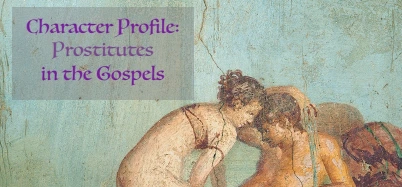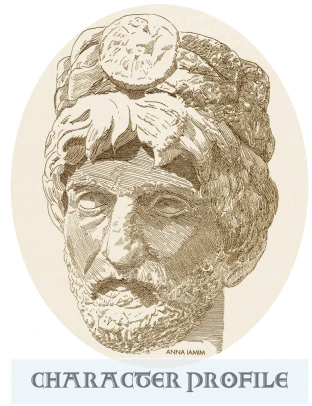How to cite this article: JP Staff Writer, “Character Profile: Prostitutes in the Gospels,” Jerusalem Perspective (2025) [https://www.jerusalemperspective.com/30558/].
Although Jesus’ reputation of being sympathetic toward female prostitutes is well known, the basis for this reputation is surprisingly slim. It rests on a single statement recorded in a single Gospel:
Amen! I say to you, the toll collectors and the prostitutes precede you into the Kingdom of God. For John [the Baptist] came to you in the way of righteousness, and you did not believe in him, but the toll collectors and prostitutes believed him. Yet, seeing them, you did not repent thereafter so as to believe in him. (Matt. 21:31b-32)[1]
Premium Members and Friends of JP must be signed in to view this content.
If you are not a Premium Member or Friend, please consider registering. Prices start at $5/month if paid annually, with other options for monthly and quarterly and more: Sign Up For Premium

Notes
- For an in-depth analysis of this saying, see Joshua N. Tilton and David N. Bivin, “Refusing John the Baptist,” The Life of Yeshua: A Suggested Reconstruction (Jerusalem Perspective, 2025) [https://www.jerusalemperspective.com/30118/]. ↩




